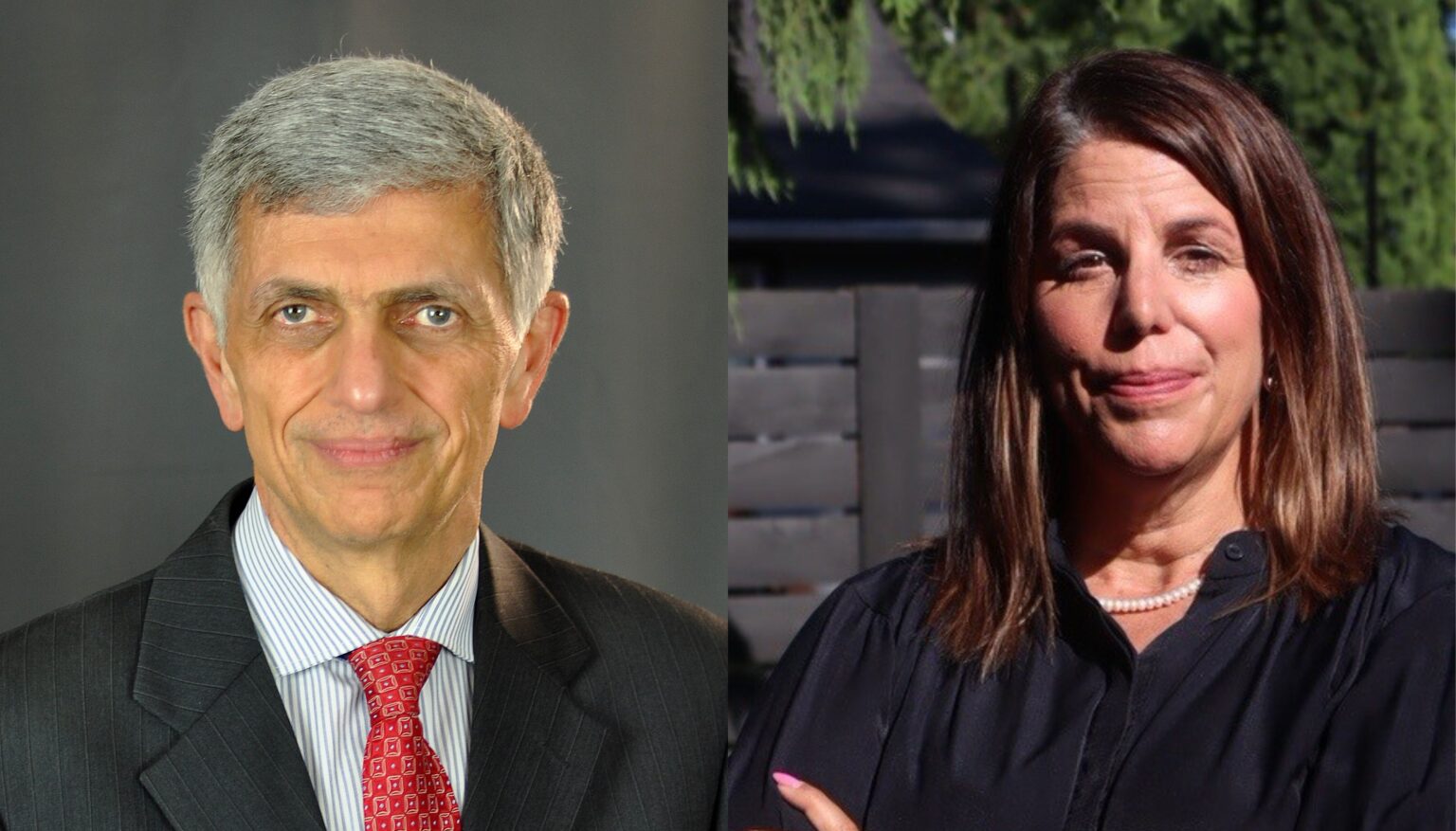Capitol Chatter: Oregon divide includes those on same side
Published 5:00 pm Thursday, December 16, 2021

- Capital Chatter square logo
“Rules are rules for all to follow.”
Those are the words of Rep. David Brock Smith of Port Orford, spoken as he acquiesced to Oregon House Speaker Tina Kotek’s request that he please wear his facemask while speaking on the House floor.
Trending
Brock Smith possessed the trifecta of COVID-19 protections: vaccination in April and later a booster shot, plus antibodies from having contracted the coronavirus. Monday morning, with the special legislative session getting under way, he got a COVID-19 test just to make sure. After all, like Kotek, he had been maskless at events back east. The test was negative.
Still, face coverings are required in the Oregon Capitol under legislative rules and state regulations. Rules are rules, and Brock Smith refastened his mask.
What made news was what happened on the other side of the Capitol involving another Republican legislator from Southwest Oregon. Sen. Dallas Heard of Roseburg was escorted out of the Senate Chamber after refusing to wear a mask.
On a day the Legislature showed surprising unity in doling out hundreds of millions of dollars, the contrasting incidents underscored the divides among Oregonians, even ones with similar values.
Brock Smith represents House District 1, which makes up half of Senate District 1, represented by Heard. Both men have had the coronavirus. Both are vocal critics of Gov. Kate Brown’s pandemic mandates.
Heard, who also heads the Oregon Republican Party, had been casting his votes from a Senate balcony before coming down to the floor as the Senate prepared to adjourn the special session.
Trending
Senate President Peter Courtney, D-Salem, told him: “You know you don’t have a mask on. You’re supposed to have a mask on. So why don’t you get up and tell us what you want, and then I’m going to ask you to leave the floor, please.”
Heard responded, “Simply put, I’m just exercising the rights of the free people of Oregon.”
Courtney asked him to a mask on or leave the floor. Heard declined, saying he didn’t have a mask with him. And so it went. Courtney declared Heard in violation of Senate and state rules, and had Senate staff escort him from the chamber.
Heard had pointed out that Gov. Brown recently was pictured sans mask at an indoor event in Washington, D.C. Kotek also was photographed maskless at that gala, as I noted in last week’s Capital Chatter. The U.S. capital didn’t have the same mask requirements that the Brown administration imposed in Oregon. Still, it would seem politically prudent for her, or for any Democrat running for governor – which Kotek is – to epitomize mask-wearing and other coronavirus precautions.
If mask mandates remain when the 2022 Legislature convenes in less than two months, the Senate will have to act against members who violate those rules, according to Courtney.
Next year’s session already was primed for combat, given that it’s an election year. In contrast, Monday’s special session was pretty mellow, despite the typical partisan posturing.
It included three of the 20-plus candidates for governor: Sen. Betsy Johnson, D-Scappoose; Rep. Christine Drazan, R-Canby; and Kotek, D-Portland. Johnson, who plans to shed the Democratic label and run as an independent, resigned two days later to focus on her gubernatorial bid.
None of the three did anything Monday to hurt their chances.
The proposed bills passed handily, and with little drama, which made Kotek the big winner.
“I called for this special session months ago because we had to honor our commitment to keep Oregonians housed during the pandemic. Today, we kept our promise and protected thousands from losing their homes this winter,” Kotek said in a statement afterward. “I’m appreciative of the bipartisan work that led to this successful emergency special session to provide relief for every part of the state.”
Not everyone was happy. During the floor debates, Drazan feared the state was abandoning the concept of private property rights by continually extending payment protections for renters. “Do we believe in private property rights at all? Do we think that there is a place for people to own housing … that in fact supports their retirement or that’s their income that they’ve chosen?” she asked.
During Senate debate, Johnson asked why 14 cities – none of them on the coast, which she represents – had been chosen to receive $1 million each for work on housing and homelessness. Sen. Elizabeth Steiner Hayward, D-Beaverton, who co-chairs the budget committee, said she didn’t know. That money was part of the political negotiations for the special session.
And that was why the session ran smoothly. Solid negotiations beforehand. The minority Republicans did not walk out, because they their priorities were added to the agenda. They got funding for those priorities, as did progressive Democrats. Each party claimed success afterward.
Kotek’s original concept was a one-day special session to help renters facing eviction. Through discussions that included the governor, the legislation morphed into far more, including drought relief, combatting illegal marijuana operations, Afghan refugee resettlement, Oregon Health Plan payments for dentists, and gun violence prevention in East Multnomah County.
The broad scope led Sen. Sara Gelser Blouin, D-Corvallis, to wonder why outdoor outfitters and guides were getting help but other financially struggling occupations were not.
A bipartisan issue was combatting the aggressive spread of illegal marijuana operations in Southern Oregon, including human trafficking of the individuals employed in awful conditions. The Legislature approved $25 million for those efforts, although Johnson questioned whether enough money would go directly to law enforcement.
It’s no wonder that cartels have found a home in Oregon, Johnson said, given how the Legislature and Oregon voters have relaxed their attitudes toward drugs.
Legislators emphasized that rural areas are especially dependent on Oregon State Police. Sen. Fred Girod, R-Lyons, said Oregon currently has only 454 troopers compared with 726 in 1975-77. Meanwhile, the state’s population has doubled.
Girod quipped that the electric candles placed on each Senate desk made him happy. “I honestly think maybe the majority party will see the light that we have a problem in rural Oregon,” he said, holding up a candle. “We don’t have law enforcement.”
That drew a retort from Courtney: “Senator Girod, the candles are my idea and have been for years. I had them placed on the desks as a sign of peace and warmth and good cheer. I do not like the candles being used for political purposes or referring to one party or the other. … So, leave the candles alone.”
As the Senate later voted to adjourn, Girod noted that his candle had gone out.
“Salem’s success at the Legislature in recent years reflects a concerted effort to rebuild Capitol relationships.”




